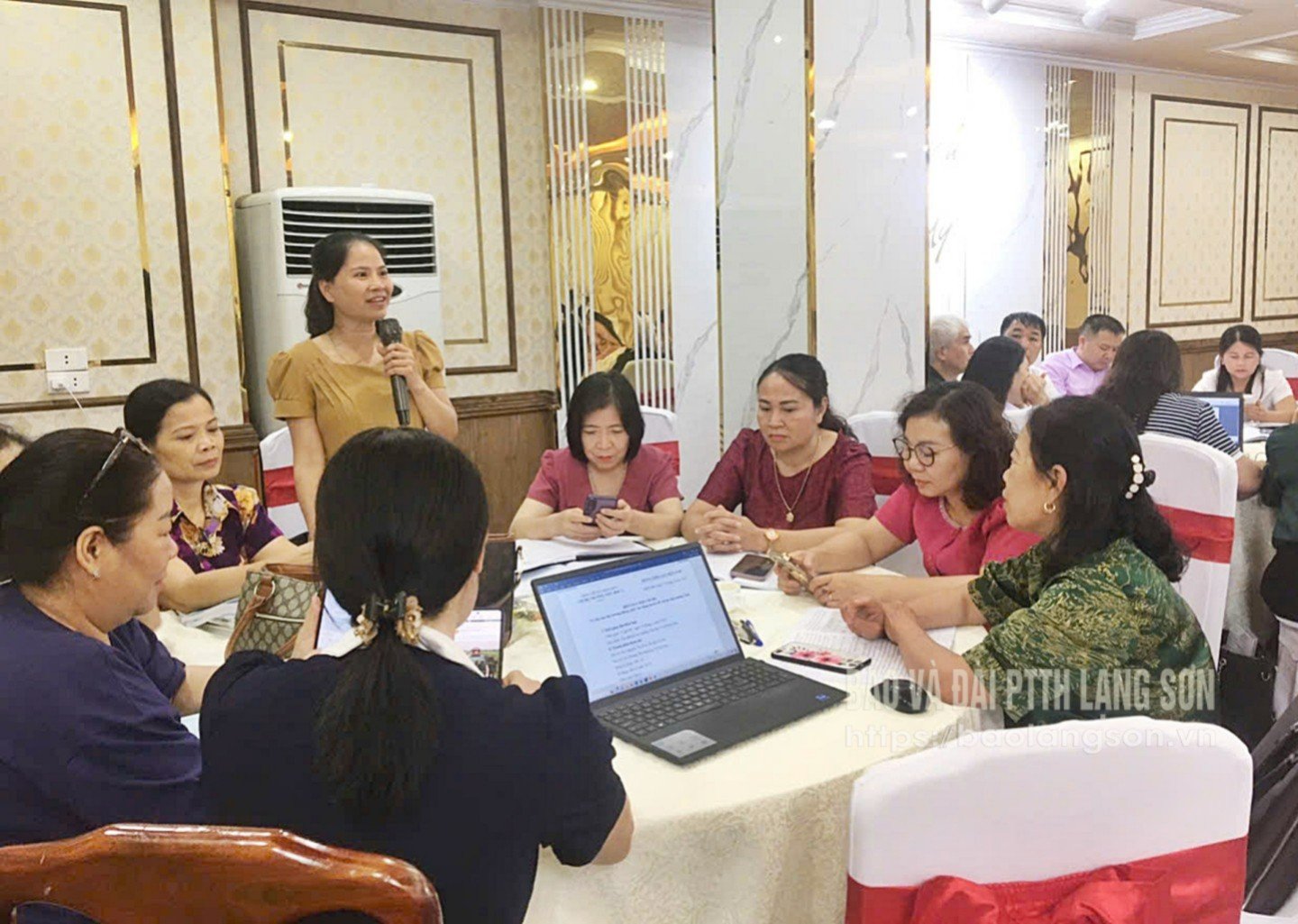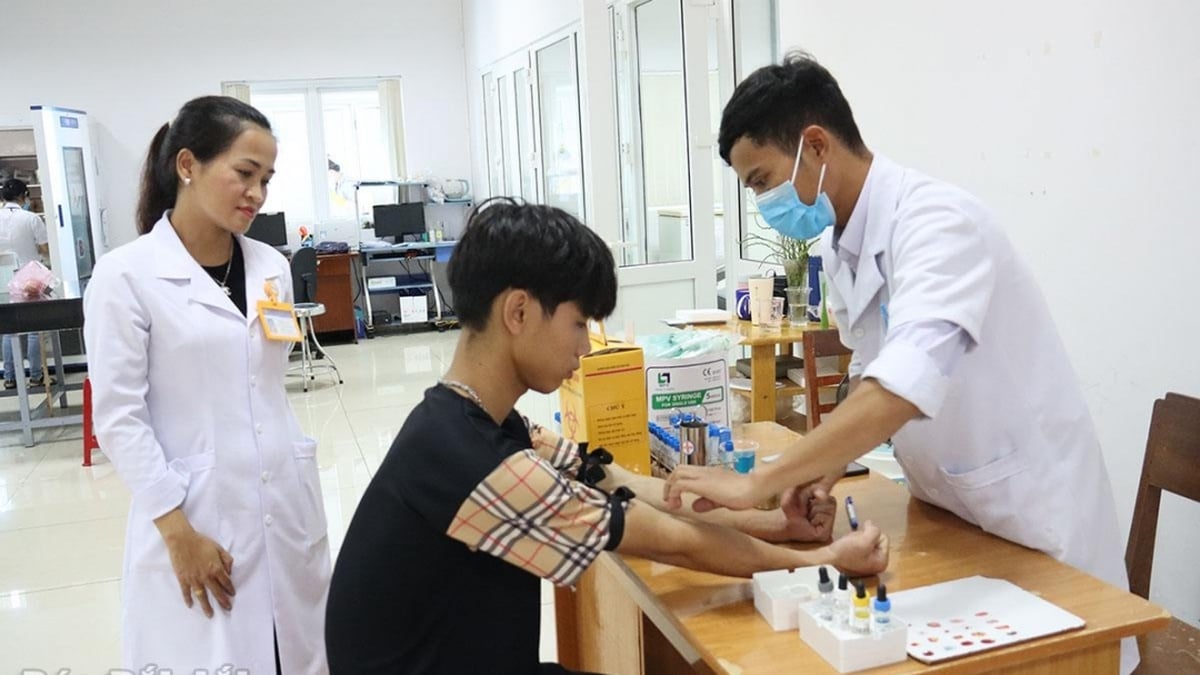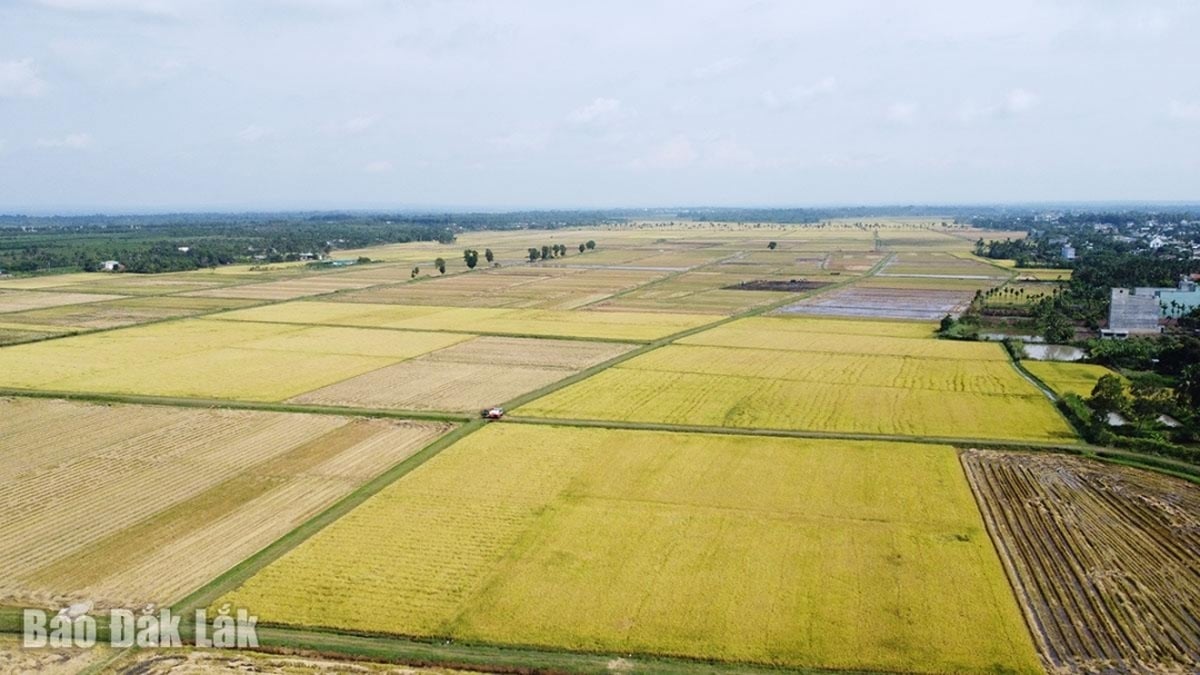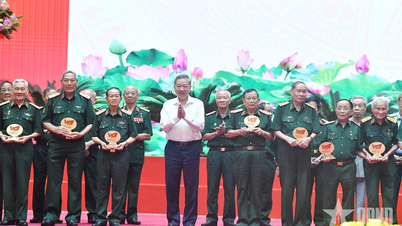
Since 2020, due to the impact of the COVID-19 pandemic, schools in the province have begun implementing online teaching and professional activities through digital platforms such as Zoom, Microsoft Teams, and Google Meet. By the 2022-2023 school year, the province has organized over 3,100 hours of online teaching and more than 1,000 hours of inter-school professional activities. Since the 2023-2024 school year, many schools have experimented with integrating AI into lesson planning, classroom management, and supporting students in personalizing lessons. This is the foundation for the provincial education sector to more clearly define the role of AI in educational innovation, while focusing on promoting in-depth training for staff in the summer of 2025.
Ms. Phan My Hanh, Deputy Director of the Department of Education and Training, affirmed: Training digital capacity for teachers is not only an inevitable requirement in the digital transformation process of the industry but also a key condition to improve the quality of teaching and learning, increase the effectiveness of school management. Realizing that, from the beginning of summer 2025, the department has directed the organization of methodical and practical training courses, closely following the needs of each level of education. In particular, the training content has been strongly innovated, focusing on the application of information technology and artificial intelligence in management and teaching.
According to the plan, in the summer of 2025, the whole province will organize over 250 training courses for nearly 14,000 managers and teachers at all levels. The courses are flexibly designed for each target group, focusing on instructing on the use of digital lesson design software, virtual teaching assistants, building digital learning materials, multiple choice question banks, classroom management skills using technology, etc.
Instead of just accessing technology at a basic level, teachers are guided to use AI tools to improve teaching effectiveness, gradually personalizing learning activities for students.
Ms. Hoang Thi Nhung, a teacher at Binh Xa Primary School I (Kien Moc Commune) said: “Through the training, I have access to a lot of new knowledge about applying technology in teaching such as designing digital lessons, building a multiple choice question system, and managing classrooms with software. These are very practical contents, helping me expand my approach to lessons and have more effective support tools for my professional work.”
Not only at the primary level, in July 2025, nearly 2,000 secondary and high school teachers across the province were also trained in depth on AI, organized by the Department of Education and Training in collaboration with the University of Education - Thai Nguyen University. The training content focused on the role of technology in innovating teaching methods, software tools to support teaching, and especially the topic of exploiting and using AI in organizing educational activities.
Ms. La Thi Minh Thuy, a Literature teacher at Thanh Long Secondary School (Thuy Hung Commune) shared: “I was instructed on how to use some digital lesson design tools, question creation software and classroom management using technology. The content is very easy to apply, close to teaching practice, especially with Literature, helping me to be more flexible in building lessons suitable for each student's ability. The training not only helps me improve my skills but also gives me more motivation to boldly innovate.”
After the provincial-level classes, schools will continue to organize retraining for all teachers, ensuring that 100% of teachers teaching in the 2025-2026 school year have full access to training content. At the same time, schools will establish groups to share AI-applied lectures and use digital learning materials in illustrative lessons. Some schools will also launch a “digital innovation corner” to encourage teachers to post lectures that apply technology devices, contributing to the replication of experiences and the spread of new methods throughout the industry.
In fact, in recent years, the teaching staff in the province has made continuous efforts to approach and master information technology and actively apply it to teaching. To date, 100% of schools in the area have been connected to the Internet, nearly 90% of teachers have good skills in using technology to serve their profession. In that context, organizing digital capacity building classes, especially training on AI application, is a practical activity, contributing to bringing digital transformation into reality in every educational activity.
With thorough preparation of human resources and infrastructure, the provincial education sector is gradually building a modern and flexible learning environment, laying a solid foundation for fundamental and comprehensive innovation in education in the digital age.
Source: https://baolangson.vn/chu-dong-boi-duong-nang-tam-doi-ngu-5054467.html





































































































Comment (0)